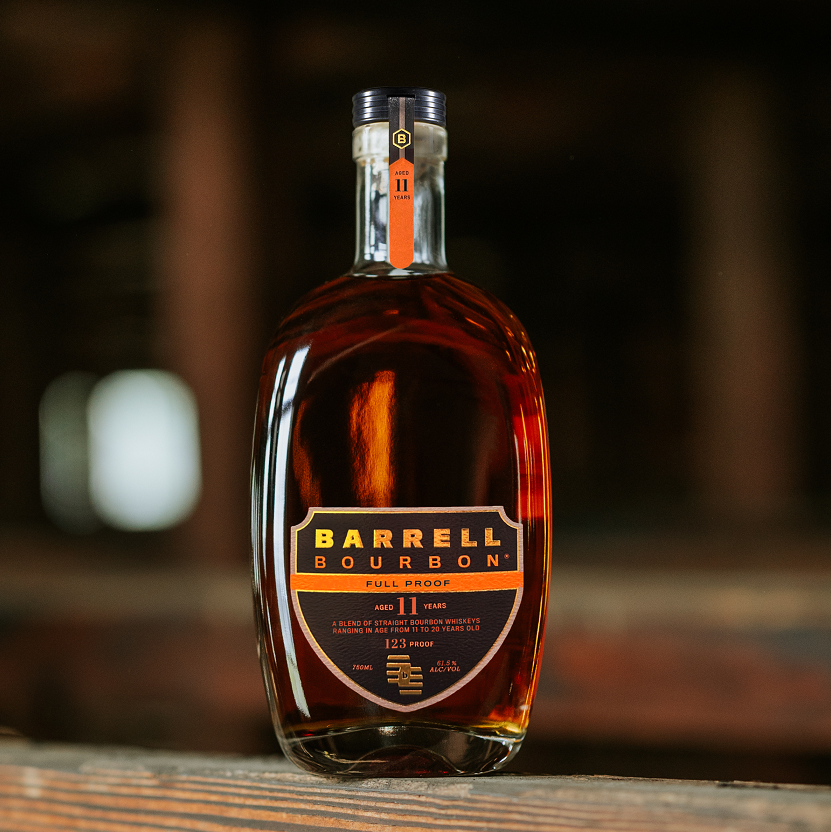Memorial Day Remembrance: I Shall Never Forget You
Portions of this post appeared in my Louisville Courier-Journal OpEd
What does it mean to be a veteran? To walk in a foreign country, carry a gun (in my case a gun and a camera) and await enemy bullets flying at you? For some, it means doing the best you can to bury those memories. Not me. I have coped and healed from war by sharing. But over-sharing can be dangerous: You don’t want the war to dominate your perspective on life.
After writing my first book, Camera Boy, I made a promise to myself that I’d become more than a veteran with a pen. I knew I could influence veterans issues more if I built a writing platform outside of my military days. I’m proud of the whiskey writing career I’ve built, but I don’t think it’s a coincidence. Bourbon producers quietly give back to veteran groups and support troops without sending press releases or making a splash in the whiskey media. I also vowed to continue writing about my experience to help remember our fallen. I write OpEds for the Dallas Morning News, Louisville Courier-Journal and regularly contribute cover stories to The Officer. I covered the VA issues a year before it went mainstream.
This year, I celebrate a new chapter in my life. My son, Oscar Leo, was born December 31. I plan to teach him about the meaning of the American flag and why we honor the fallen on Memorial Day. I reckon this essay is a good start.
Memorial Day Remembrance
This Memorial Day put politics aside, forget about the Kardashians and take a moment to remember those who died fighting for this country.
We, veterans, who fought alongside the fallen, just want their memories held above Pop Culture for at least a single day.
The names on the Vietnam Memorial and the more than 8,000 Coalition troops killed in Afghanistan and Iraq are more than just statistics. They were our friends, sons and daughters, fathers and mothers, and brothers and sisters. Each one represents a personal story for somebody.
Let me tell you about three friends I lost during my 2004 tour in Iraq.
Samir Faisal was not an American; he was our Iraqi interpreter. A portly, jovial and proud Iraqi, Samir translated important conversations between American officers and Iraqi dignitaries. He interpreted English into Arabic for local media consumption and became a de-facto Iraqi cultural liaison. Beyond his necessity to the mission, Samir gave his American friends a face to fight for. He was my friend, a never-ending supply of laughter and understanding.
He lived under the tyranny of Saddam Hussein and saw the American involvement as an opportunity to build a better future for his newborn child. But he did so under great risk.
In 2004, beheading Iraqis like Samir ranked high on the insurgents’ list. They captured janitors, fruit salesmen, laundry workers and high-value targets, such as government officials and translators, and videoed their deaths, usually a saber slicing their heads off. Insurgents distributed these videos throughout public markets to intimidate.
Samir took additional precautions, never taking the same route to work and wearing disguises. He had the option of living on the base with us; other than that, his family received no additional protection.
On September 27, 2004, the insurgents grabbed Samir, who would have been interrogated within an inch of his life before they beheaded him. But, Samir escaped. He ran for his life in a public market, each step further from an eventual beheading.
Samir could not out run the AK 47 bullets and died in the public streets of Mosul, his hometown.
My Iraq friend was one of us. His family received compensation for their loss, but I’ve never felt that was enough. Samir will always be an American soldier in my eyes even if posthumously. On this day, Samir, I hope you rest in peace, my friend.
When I first met Sgt. David Mitts, 24, his square jaw formed an All-American smile that lit up the tent. He had a powerful presence, his eyes beaming with happiness. My first thought: Why is this guy so happy? We’re at war!
So, I asked what was up. The young man was expecting his first child. “I want to name Michael Landon Mitts after the Little House on the Prairie actor,” he said, “because he stood for family values.”
By the time I met Mitts, I had been in Iraq for seven months and Mitts was fresh. I was near my deployment’s end and was tired of worrying whether a mortar would fall on me or if I’d kick a pop can with an improvised explosive device. I was burned out, and Mitts entered the country full of life and hope and the incredible love for his unborn baby.
He was a ferocious soldier on combat operations and a gentle soul on the civil operations. Extremely smart and proficient, Mitts was the kind of soldier who would climb the ranks quickly and likely be a candidate for sergeant major should he remain enlisted. His potential was endless.
Mitts’ immediate superior, Staff Sergeant Salamo Tuialuuluu “T,” was the complete opposite. Stoic and stern, T decisively commanded his troops with authority. But, when it came to his family, the towering Samoan native glowed. He bragged about his two daughters and boiled over with excitement when he revealed he was expecting his third child.
When a sniper killed T and Mitts December 4, 2004, my heart sunk deep below the desert and into an abyss that would not recover for a very long time. The world lost two great men.
I often think of how T & Mitts impacted me in our short time together. We met shortly after Samir’s death and a few months after an RPG just barely missed me.
Their incredible love for family gave me something to live for when I badly needed positive anecdotes to cling onto. On Memorial Day, T and Mitts, I want to thank you for the hope you gave me. Rest in peace, my friends.
Every veteran has stories like mine. Samir, T and Mitts were three men who died fighting for their people, for Iraq and for America. On this Memorial Day, remember why our government enacted Decoration Day, later renamed Memorial Day, on May 30, 1868, when General John Logan issued a special order “for the purpose of strewing with flowers or otherwise decorating the graves of comrades who died in defense of their country during the late rebellion, and whose bodies now lie in almost every city, village, and hamlet church-yard in the land.”
Memorial Day was not meant for used car deals, zero financing for furniture or joy rides around the lake. This is the day we remember. This is the day we put aside our differences and memorialize the one population who does not have a say in war.
They just fight it.








